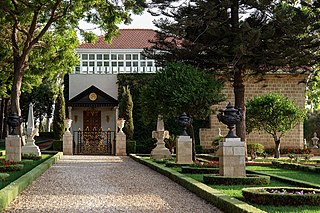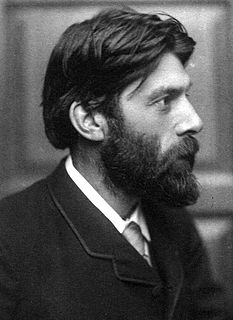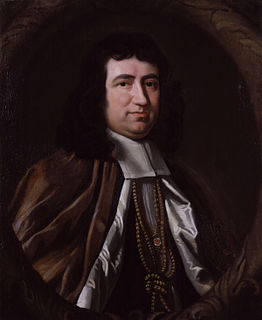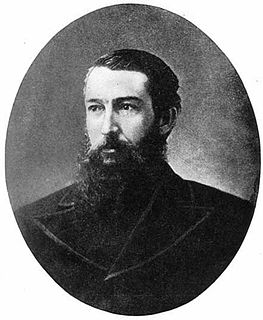A Quote by Henry Wadsworth Longfellow
O thou child of many prayers!
Life hath quicksands, Life hath snares!
Care and age come unawares!
Related Quotes
O eloquent, just, and mighty Death! whom none could advise, thou hast persuaded; what none hath dared, thou hast done; and whom all the world hath flattered, thou only hath cast out of the world and despised. Thou hast drawn together all the far-stretched greatness, all the pride, cruelty, and ambition of man, and covered it all over with these two narrow words, Hic jacet!
Blessed the man that hath visited `Akká, and blessed he that hath visited the visitor of `Akká. Blessed the one that hath drunk from the Spring of the Cow and washed in its waters, for the black-eyed damsels quaff the camphor in Paradise, which hath come from the Spring of the Cow, and from the Spring of Salvan (Siloam), and the Well of Zamzam. Well is it with him that hath drunk from these springs, and washed in their waters, for God hath forbidden the fire of hell to touch him and his body on the Day of Resurrection.
Science comforting man's animal poverty and leisuring his toil, hath humanized manners and social temper, and now above her globe-spredd net of speeded intercourse hath outrun all magic, and disclosing the secrecy of the reticent air hath woven a web of invisible strands spiriting the dumb inane with the quick matter of life.
There is no lasting pleasure but contemplation; all others grow flat and insipid upon frequent use; and when a man hath run through a set of vanities, in the declension of his age, he knows not what to do with himself, if he cannot think; he saunters about from one dull business to another, to wear out time; and hath no reason to value Life but because he is afraid of death.
Many love music but for music's sake, Many because her touches can awake Thoughts that repose within the breast half-dead, And rise to follow where she loves to lead. What various feelings come from days gone by! What tears from far-off sources dim the eye! Few, when light fingers with sweet voices play, And melodies swell, pause, and melt away, Mind how at every touch, at every tone, A spark of life hath glistened and hath gone.
As there is no worldly gain without some loss, so there is no worldly loss without some gain; if thou hast lost thy wealth, thou hast lost some trouble with it; if thou art degraded from thy honor, thou art likewise freed from the stroke of envy; if sickness hath blurred thy beauty, it hath delivered thee from pride. Set the allowance against the loss, and thou shalt find no loss great; he loses little or nothing, that reserves himself.





































